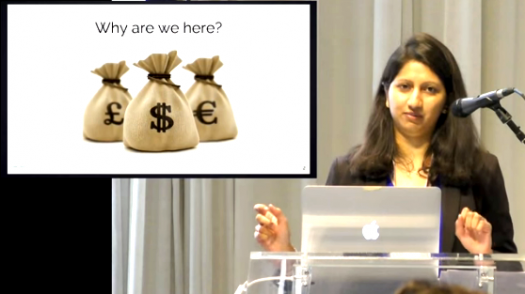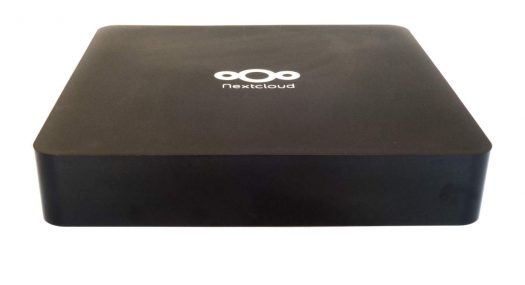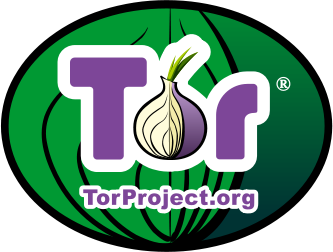There are three basic models for monetizing digital goods on Google Play — freemium, paid apps and advertising supported using Google’s AdMob service. The Video…
Posts published in “Business”
If you’re looking for a career in big data, you might consider taking a free data science course from Big Data University. The Video Screening…
Also included: Judge seems to make software patents illegal, Mageia mourns a contributor, Yakkety Yak frozen, KDE’s new release, and getting ready for All Things Open.
FOSS Week in Review
When I wrote last week’s wrap, Hurricane Matthew seemed to be on a direct path for my office. Now it appears that long before it hits my state it’s going to take a sharp turn to the right and head back out to sea. That’s the good news. Unfortunately, in getting to where it is today, this storm has so far killed nearly 1,000 people that we know of so far, and has made thousands, perhaps tens of thousands, homeless. That’s bad news indeed.
This week’s free tech news was a little more fun…
 Digital Homicide commits suicide: In a story that’s been brewing for a while now, it seems that game company Digital Homicide was given enough rope to…well, you know. It seems that the publisher had gotten in the habit of suing any Steam user who dared to post a bad review about one of its games, and actually subpoenaed Valve for the identities of 100 anonymous users who had made statements about the company. This, in turn and understandably, pissed a lot of users off, which led to Valve removing all games from Steam.
Digital Homicide commits suicide: In a story that’s been brewing for a while now, it seems that game company Digital Homicide was given enough rope to…well, you know. It seems that the publisher had gotten in the habit of suing any Steam user who dared to post a bad review about one of its games, and actually subpoenaed Valve for the identities of 100 anonymous users who had made statements about the company. This, in turn and understandably, pissed a lot of users off, which led to Valve removing all games from Steam.
Christine Hall has been a journalist since 1971. In 2001, she began writing a weekly consumer computer column and started covering Linux and FOSS in 2002 after making the switch to GNU/Linux. Follow her on Twitter: @BrideOfLinux
It appears as if Yahoo has become the pet rodent of the U.S. spooks. To paraphrase: A rat by any other name…
Op-ed
If I were Verizon, I’d be going over my agreement to purchase Yahoo with a fine tooth comb, looking for a way to weasel out of the deal. If I couldn’t find one, after going through with the purchase I’d quietly shut the site down and take a loss on the whole thing. Yahoo has no value anymore, not as a portal nor as a brand.
 The value it once had as the main intersection on the Internet is long gone, despite the fact that the site still commands enough traffic to make it the fifth most visited site on the web. The trouble is, that traffic isn’t arriving through the front door anymore, and visitors aren’t sticking around for more than a minute or two. People no longer visit the site to use all of the nifty features Yahoo once offered, because the majority of those features are long gone. Instead, these days Yahoo’s users come through the back door, either to use Yahoo Mail or to read a news article — usually a reprint from another site — after being directed to the URL by Google.
The value it once had as the main intersection on the Internet is long gone, despite the fact that the site still commands enough traffic to make it the fifth most visited site on the web. The trouble is, that traffic isn’t arriving through the front door anymore, and visitors aren’t sticking around for more than a minute or two. People no longer visit the site to use all of the nifty features Yahoo once offered, because the majority of those features are long gone. Instead, these days Yahoo’s users come through the back door, either to use Yahoo Mail or to read a news article — usually a reprint from another site — after being directed to the URL by Google.
Christine Hall has been a journalist since 1971. In 2001, she began writing a weekly consumer computer column and started covering Linux and FOSS in 2002 after making the switch to GNU/Linux. Follow her on Twitter: @BrideOfLinux
There is little worse than deciding “you’ve had it up to here” with a particular vendor, only to discover that due to vendor lock-in, migrating away from the vendor’s proprietary platform would cost enough to put your company in the bankruptcy courts.
The Video FOSS Force Interview
This video is not technically about free or open source software, but it’s 100 percent about the danger of falling victim to proprietary vendors and their habit of making it hard to leave their sweet embrace once they get their paws on you. The Network World column by Tom Henderson that generated this interview is titled, The Many Dimensions of Cloud Value, and is subtitled, “Put your snorkels on: The marketing for cloud services is getting deep.” So is the marketing for many other proprietary something-as-a-something offerings ranging from operating systems to (obviously) cloud platforms.
Robin “Roblimo” Miller is a freelance writer and former editor-in-chief at Open Source Technology Group, the company that owned SourceForge, freshmeat, Linux.com, NewsForge, ThinkGeek and Slashdot, and until recently served as a video editor at Slashdot. Now he’s mostly retired, but still works part-time as an editorial consultant for Grid Dynamics, and (obviously) writes for FOSS Force.
Also included: Libreboot leaves GNU, municipal broadband law proposed, Linux’s second 25th birthday, a new distro release, Vim and Emacs both get upgrades, Google’s hack challenge and Oracle can’t catch a break.
FOSS Week in Review
Yesterday I got a look at some decidedly old tech: Rope beds, pewter being made by hand, ceramic wood burning stoves, a bit of blacksmithing — all at Bethabara, which is a preserved 18th century village that had been established by German Moravians, who were the first settlers around these parts. Fascinating. The event was the annual Apple Fest, with plenty of local orchards offering every variety of apple imaginable, as well as about any kind of food prepared with apples.
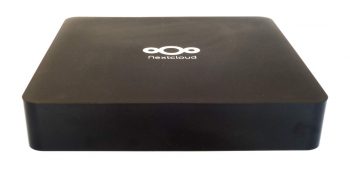
Christine Hall has been a journalist since 1971. In 2001, she began writing a weekly consumer computer column and started covering Linux and FOSS in 2002 after making the switch to GNU/Linux. Follow her on Twitter: @BrideOfLinux
Sometimes we wonder how Ms. Joseph finds the time to balance her career at HP with writing, evangelizing Ubuntu and public speaking, along with an…
Also included: Remembering Vernon Adams, Red Hat vs. VMware, a new distro release, openSUSE Leap and ransomware that deletes files.
FOSS Week in Review
The summer of ’16 is all but over. Good riddance. Here in my piece of the woods we’ve seen all of the 90 plus days with high humidity I can take. Time to get out the long sleeves and sweaters.
It’s also time to look at this week’s FOSS news.
Christine Hall has been a journalist since 1971. In 2001, she began writing a weekly consumer computer column and started covering Linux and FOSS in 2002 after making the switch to GNU/Linux. Follow her on Twitter: @BrideOfLinux
Big data is all the rage these days in the enterprise. If you’re trying to wrap your head around exactly what big data is, our contributing video editor has found this video from AWS.
The Video Screening Room
For all you open source data scientists out there, this hour-long recorded webinar explains the big data tools and services you can use on Amazon. I learned a lot of data science lingo watching this video.
For the past 10 years, Phil has been working at a public library in the Washington D.C.-area, helping youth and adults use the 28 public Linux stations the library offers seven days a week. He also writes for MAKE magazine, Opensource.com and TechSoup Libraries. Suggest videos by contacting Phil on Twitter or at pshapiro@his.com.
Also included: Gilles Chanteperdrix passes, corporate Linux, Cisco patches against the NSA, MariaDB’s proprietary moves, Netrunner becomes Maui, Ubuntu to replace Upstart, Fedora and Wayland, and Linux client for Yandex Disk.
FOSS Week in Review
The last LinuxCon: This year’s LinuxCon, held in the city of Toronto which is one of my favorite old haunts, was the last love fest for Linux under the name LinuxCon, which had come to be synonymous for a certain type of Linux festival. In a way, it’s fitting this should be the last as the show ended on the day before Linux’s 25th birthday and was, in many ways, a celebration of the first quarter century of Linux. In another way it’s a crying shame. LinuxCon has come to stand for the community spirited nature of Linux, even though backed by the Linux Foundation, which becomes less of a community organization with the passing of each year.
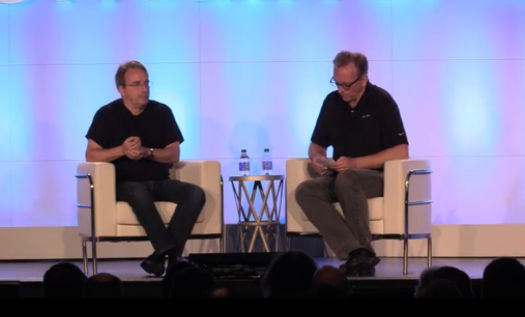
Christine Hall has been a journalist since 1971. In 2001, she began writing a weekly consumer computer column and started covering Linux and FOSS in 2002 after making the switch to GNU/Linux. Follow her on Twitter: @BrideOfLinux

